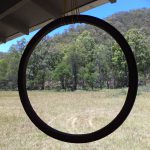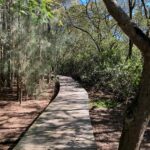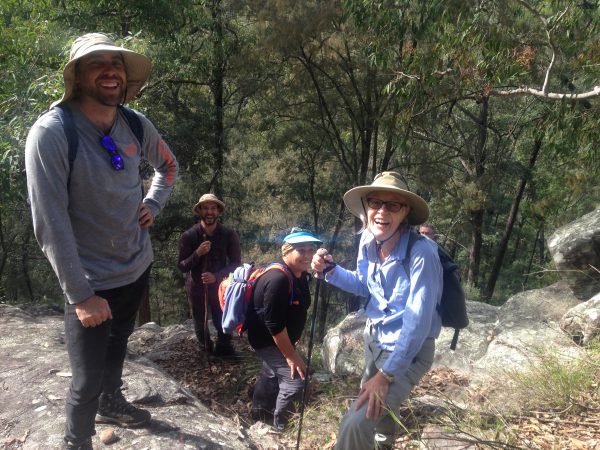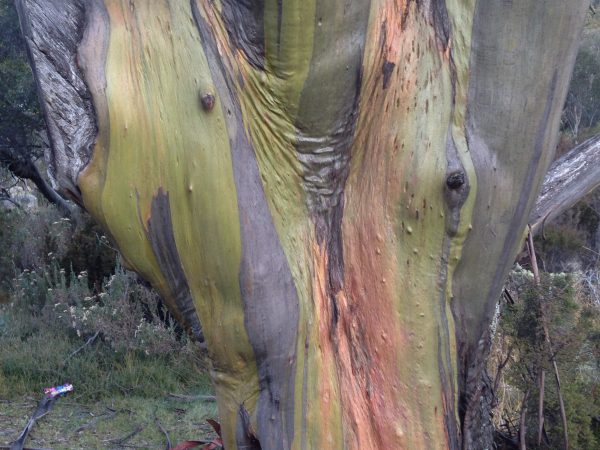The Heart of Practice
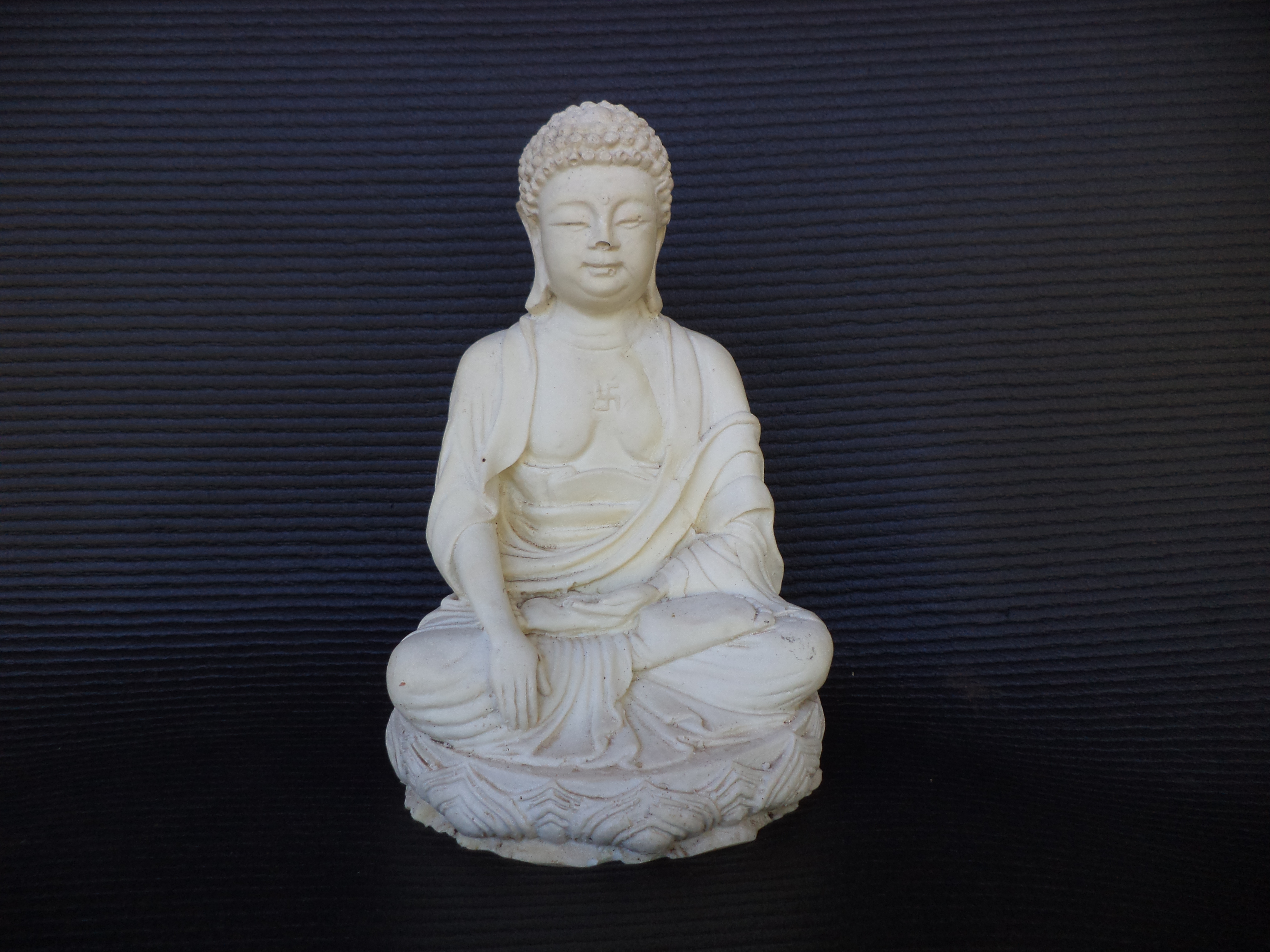
Upon his Awakening, the historical Buddha, Shakyamuni said,
“Wonderful, wonderful, now I realize that all beings are buddha, only their ignorance and attachments prevent them from realizing this fact.”
The term Buddha means “one who is awake,” and it is this experience that is the very heart of our Zen practice, in fact all Buddhist practice. So, if the Buddha is one who is awake, then it means that the rest of us are in some way, asleep lost in a deep dream. And this dream we mistake for reality.
Changsha said:
Students of the Way do not know the truth;
they only know their habitual states of mind.
This is the source of endless birth and death;
A fool calls it the original self.
Nelson Foster translation, HDS internal publication, Gateless Barrier, Case 12 verse
The Surangama Sutra tells us:
From the beginning-less past right up to your present existence you have mistakenly regarded a thief as your own child and your changeless original nature has thus been lost to you. Because of that you have been transmigrating through the cycle of birth and death. (Quoted in Hakuin p. 67)
Think of that:
“your changeless original nature has thus been lost to you”
How can that be? How can we lose that which is fundamentally us, our self-nature? Well, it is not so much that we lose it, as that we lose sight of it. That is the ignorance to which the Buddha refers. There is nothing lacking in our nature, what is lacking is understanding.
Yung-chia Hsuan-chueh, a disciple of the Sixth Chinese Patriarch Hui Neng, tells us in his Shodoka,
People do not recognise the Mani‑jewel.
Living intimately within the Tathagata‑garbha,
It operates our sight, hearing, smell, taste, sensation, awareness;
While it is always there, we can’t see it.
Why? Because we have fallen under a spell; we have been enchanted by the magic of our mind. The mind has created the fiction of a self-substance – the ego – that finds itself alone in an alien world. This ego-self employs its dualistic consciousness to fabricate a private world, with itself at the centre, a world which it then embellishes with concepts and beliefs. And it is these beliefs that are based on ignorance that generate the sense of unsatisfactoriness that is the basis of all our ills. And so Hakuin in his Song of Zazen states:
Lost on dark paths of ignorance
We wander through the six worlds
The six worlds of Samsara are Hell, Hungry Ghosts, Animals, Fighting Demons, Humans and Celestial Beings.
Because the mind has spun a web of deceit in which our attention has become entangled, a fundamental aspect of practice is to free our awareness from this entanglement. The practice of Zen is focused on seeing through this veil of ignorance and dissolving the sense of self that binds us. And it is possible to do this because the self that we think we are is not a substantial entity, but a dream figure.
In the Tibetan Book of Living and Dying, Sogyal Rinpoche defines ego as,
the absence of true knowledge of who we really are, together with its result; a doomed clutching on, at all costs, to a cobbled together and makeshift image of ourselves
that has to keep changing in order to “keep alive the fiction of its existence.” Ego is grasping. It is not some thing which grasps, it is the grasping. p. 116
Our practice is not a matter of struggling with a substantial self, or ego, that we have to overcome and discard, as we might throw out the rubbish from our home. The practice is not to do battle with the ego, but to see through it. To see that it is a fabrication, a set of ideas and attitudes that have frozen into a rigid form.
You can, by all means, use meditation as stress relief technology to make the ego feel more comfortable. But to do so would be, in a real sense, wasted effort. There is little point in using your time and energy in attempting to “fix” the non-existent entity that you believe yourself to be. It is far more productive to use meditation/awareness, and koan practice to see through such beliefs, and to awaken to your self-nature.
The world fabricated by the ego is, to use a modern parlance, only a virtual reality, one that cannot satisfy our deepest needs. And that is why the human condition is characterised by “Unsatisfactoriness.” There is, however, another world called the essential world that is available to us. That essential world is that our self-nature. One’s self-nature is variously termed, Buddha-Nature, The Original Face, Your Face Before Your Parents Were Born. A warning here about the language; while substantives are used here, one must not form the idea that they are referring to some substantial being.
Dōgen Zenji tells us, quite clearly,
Unless we risk ourselves to choose to act the Buddha nature never becomes visible, audible, tangible. Buddha Nature and becoming a Buddha always occur simultaneously.
For Dōgen, Zen practice is not simply a matter of seeing things differently: his concern is with transforming our life. This transforming work takes the form of moral activity and the creativity of daily life. Buddha-nature is not to be conceptualized or contemplated, rather it is to be actualized in our lives.
This essay written by Paul Maloney, roshi, appears in the August/September 2018 edition of the SZC Newsletter


